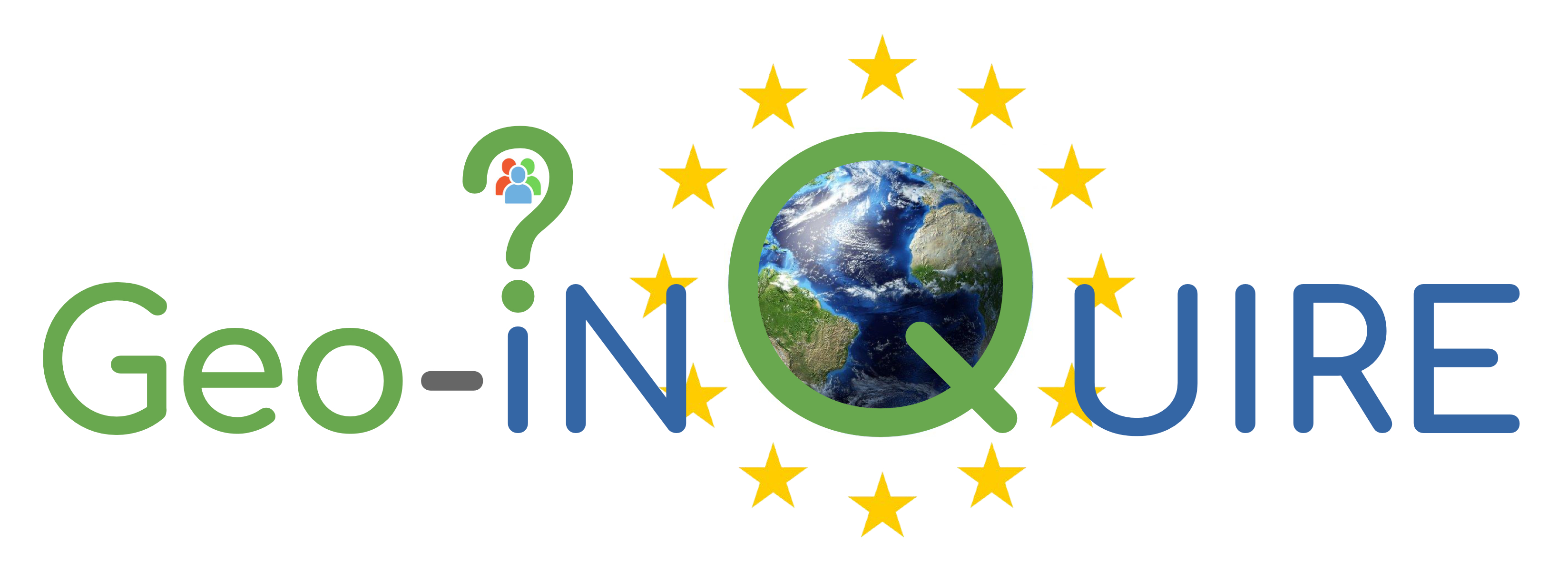Irpinia Near Fault Observatory
Host Institution:
Universitá degli Studi di Napoli Federico II (UNINA), Italy
Description:
INFO (Italy, Southern Apennines) is an EPOS infrastructure in the Thematic Core Service (TCS) Near Fault Observatory. It monitors underlying faults and related deformation processes that can be causative of large earthquakes in the future. Here, the fault embedding volume is highly fractured and is likely to be permeated by fluids - water and carbon dioxide - trapped at depths with the seismicity and stress release modulated by the charging process of shallow aquifers. The fault system is monitored by a very dense seismic network and a fiber optic cable deployed near the fault trace of the latest large earthquake in the area to be sensed by a DAS interrogator. Seismic data and high-resolution data products are available from the EPOS data portal and from the NFO data gateway. Real-time telemetry allows for the remote control and management of the infrastructure and data acquisition system and for the testing of a prototype Earthquake Early Warning Systems, also englobed in the Early Warning testing center CREW. In the area, a five-month time series of DAS data was recently acquired.
Services currently offered by the infrastructure:
INFO offers the possibility to perform new, innovative experiments by plugging new, advanced instruments (e.g., DAS on the fiber optic cable, geochemical, electromagnetic, and meteorological devices at the network sites) into the telemetry system of the network, allowing for their remote control and data access. Experiments can also be supported by a mobile pool of seismic stations. Data collected during these experiments, integrated with data and products already accessible or made accessible during the project through VA, will provide scientists with a unique research environment, where they can address challenging scientific questions, such as the connection between hydrology, deep fluids, and earthquake production, and the preparation phase of large earthquakes. Exploiting the currently available real-time telemetry of seismic data, INFO also promotes the development of computational experiments aimed to test software for Earthquake Early Warning.
Data collected during TAs, down sampled in the case of DAS acquisitions, will be transferred to WP2 and made available as VA.
Modality of access:
The planned unit access for the facility is “1 week”, with typical physical/remote access durations between 3 and 12 weeks, enabling the user to install and collect the data from the instruments. Before commencing the experiment, a setup survey will be required.
Support:
The laboratory will offer support for the technical management of the instruments (e.g., DAS system and other instruments), to allow remote access, control and data recovery, supervising access to the network’s sites by highly specialized personnel, training and support for the installation, and logistic support with vehicles. Also, training will be provided for the use of CREW and integration of data and products available as VAs.
Contact person:
Antonio Scala (antonio.scalaunina.it)
